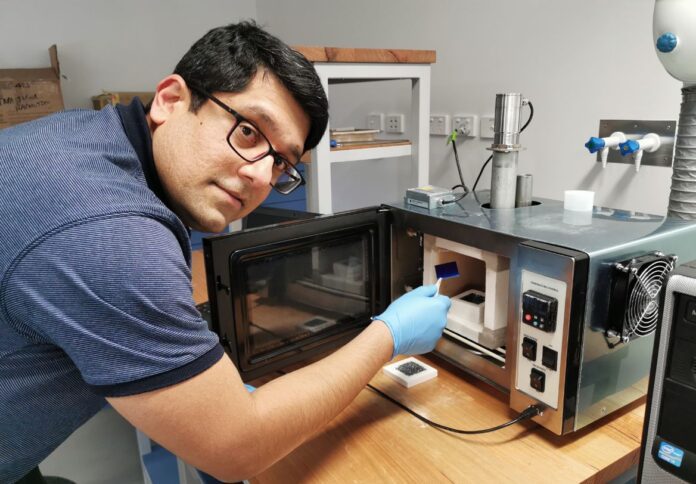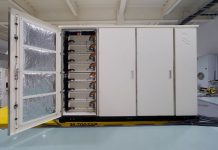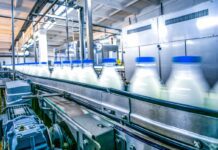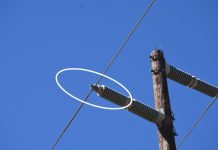
A team of engineers from Macquarie University have developed a new microwave technology that would improve the fabrication of solar panel cells, making them easier to recycle.
In a paper published in the US Journal Applied Physics Letters, the team led by Dr Binesh Puthen Veettil of the School of Engineering described a new method that uses microwave radiation that works nearly as efficiently while saving time and energy.
In the current method used in the manufacturing of solar panels, silicon goes through several high-temperature processes known as annealing, with the cells being placed in an oven to cook.
According to the study’s proponents, the microwave treatment softens the plastic coating that protects the silicon plate from moisture and contamination, allowing it to be peeled off mechanically. This means the plate can be delaminated and its components reused without using harsh chemicals.
“So there is less contamination. And the whole process can all be undertaken at room temperature,” Dr Veettil added.
Furthermore, microwave annealing allows for selective and highly tuned heating, which could be beneficial for newer panels that employ heterojunction technology where crystalline and amorphous silicon and interleaved.
The majority of solar panels today go straight to landfill once they reach end-of-life.
“In the rare instances when they are recycled, you crush the panels, heat them to about 1400°C and wash them with chemicals to remove the plastic — a highly energy-demanding process,” said Dr Veettil.
This has raised urgent concern across the globe as vast numbers of solar panels installed about 20 to 30 years ago reach the end of their lifecycle.
Developed in collaboration with the School of Photovoltaics at UNSW, Dr Veettil’s project also received funding from the Australian Centre for Advanced Photovoltaics and has been further supported by the Australian Government through the Australian Renewable Energy Agency.




















